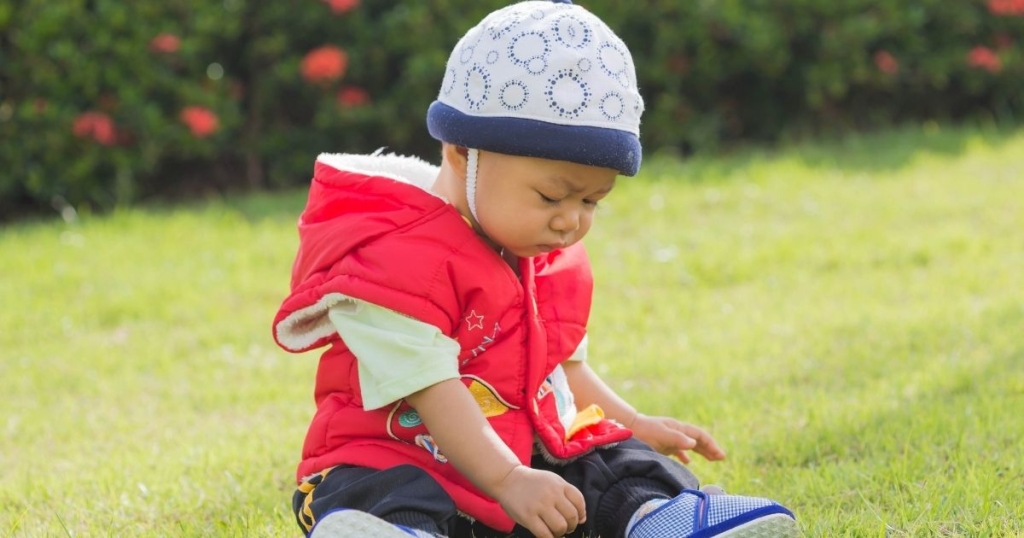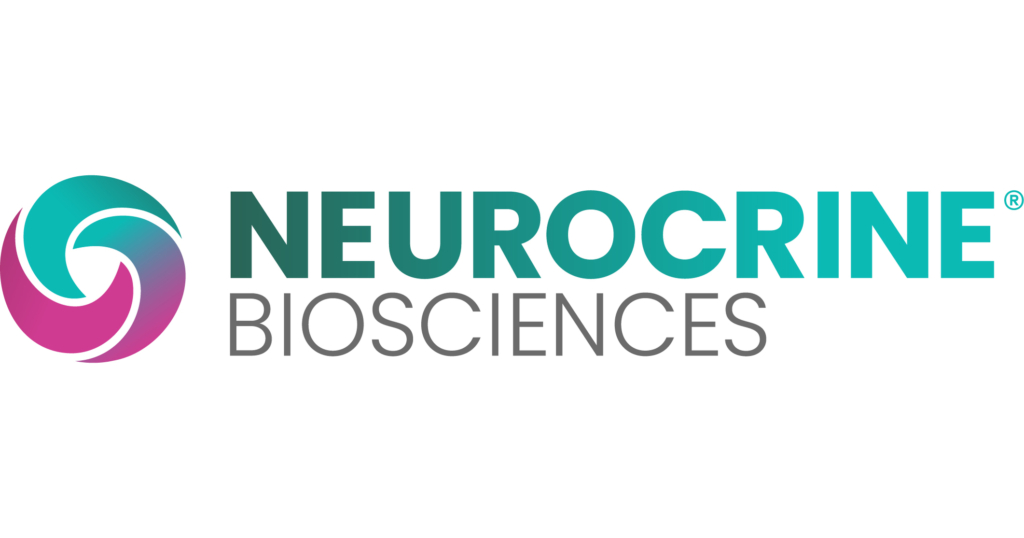
Authors: Douglas Nordli, MD, Mayo Clinic Florida/Nemours Jacksonville; Alison L. Christy, MD, PhD , Providence Pediatric Neurology at St. Vincent Medical Center – Portland, Oregon
Reviewed: October 2021
SUMMARY
Opsoclonus-myoclonus syndrome (OMS) is a very rare autoimmune disorder involving:
- Abnormal eye movements (opsoclonus)
- Muscle jerks (myoclonus)
- Poor balance and coordination (ataxia)
Sometimes OMS occurs after an illness. Other times, it is caused by the body’s response to a tumor.
JUMP TO
Disorder Overview
DESCRIPTION
The immune system is made up of immune cells. Immune cells usually fight off threats from the outside, such as viruses, bacteria, and fungi. In autoimmune diseases, immune cells attack the healthy cells of the body.
Immune cells also attack tumors that are growing in the body. This is a normal way that the body prevents cancer. When immune cells attack a certain type of tumor called a neuroblastoma, this inflammation may accidentally affect the rest of the body. This can cause an autoimmune response to cells in the brain. When a tumor causes OMS, it is called paraneoplastic (para: alongside; neoplastic: relating to cancer) OMS.
OMS can also occur as non-paraneoplastic autoimmune disease. In these cases, it is usually triggered by a viral illness.


SIGNS AND SYMPTOMS
Main Symptoms of OMS
The main symptoms of OMS are opsoclonus, myoclonus, and ataxia.
- Opsoclonus means having rapid, disorganized eye movements, or “dancing eyes”
- Myoclonus means having quick, lightning bolt-like muscle jerks in the body
- Ataxia means having poor balance and coordination and frequent falling
Sometimes OMS is called opsoclonus-myoclonus-ataxia syndrome (OMAS).


Other Symptoms of OMS
Some children will develop other problems that show a disturbance in the way the brain functions. These can include:
- Abnormal behavior, such as rage or irritability
- Difficulty talking
- Sleep problems


When OMS is associated with a neuroblastoma tumor, children may also have other symptoms of the tumor. These can include:
- Dark circles around the eyes
- Bulging eyes
- Bone pain
- Swollen belly, or the feeling of a painless lump in the belly
- Fever
- Weight loss
- Easy bruising or bleeding
- High blood pressure
- Fatigue


CAUSES
Neuroblastoma
A neuroblastoma is a type of tumor that starts to grow from immature nerve cells. It is often found in the adrenal glands. The adrenal glands are located on top of the kidneys, in the back part of the upper abdomen.
Neuroblastomas often start growing in infants. They are usually diagnosed in the first five years of life. Neuroblastoma is the most common cancer of infancy.
DIAGNOSIS AND LABORATORY INVESTIGATIONS
Clinical Diagnosis
Neuroblastoma Testing
Some tests can look for the specific type of tumor associated with OMS, the neuroblastoma. These include:
- Urine tests. Urine can be tested for two chemicals that are often high when this tumor is present:
- Vanillylmandelic acid (VMA)
- Homovanillic acid (HMA)
- Pictures of the chest, abdomen, and pelvis can look for a tumor.
- A specific medicine, like I-methyl-iodobenzylguanine (MIBG), may be given during imaging to locate a neuroblastoma.
Because neuroblastomas can be small and hard to find, these tests may need to be repeated in a few months.
Testing to Confirm OMS
Other tests may be used to rule out other causes of brain dysfunction. These tests will be normal if OMS is the cause of the symptoms. These can include:
- Lumbar puncture. A lumbar puncture can test the fluid that surrounds the brain and spine. It can be used to look for an active brain infection, like:
- Meningitis
- Encephalitis
- Magnetic resonance imaging (MRI). Pictures of the brain or spinal cord taken with MRI may show other abnormalities in the nervous system.
Sometimes a blood test can help confirm an OMS diagnosis. Some children with OMS will have high levels of immune proteins called antibodies in their blood. However, antibody blood tests are not always useful. They are not a primary way to make a diagnosis.
TREATMENT AND THERAPIES
There are two types of treatments used in OMS:
Medication
OUTLOOK
The prognosis of OMS can vary from patient to patient. The outcome will depend on:
- The underlying cause of OMS
- The patient’s response to treatment
Some children will end up with continuing disabilities. Disabilities may include:
- Attention difficulties
- Speech difficulties
- Learning difficulties
Children with long-term effects may benefit from speech therapy or additional support in school.


RELATED DISORDERS
Neuroblastoma, or tumors of the immature nerve cells, is a common cause of OMS.
Resources
Organizations
OMSLife Foundation
The mission of the OMSLife Foundation is to raise awareness of opsoclonus-myoclonus syndrome, maintain a support network for caregivers, and fund research for a cure. They connect patients to OMS specialists throughout the world, provide caregiver conferences and a bi-annual medical conference, and fund research of OMS. OMSLife hosts Opsoclonus Myoclonus Syndrome Support Group, a private Facebook group with over 1,500 members.
The Opsoclonus Myoclonus Syndrome Support Network
Currently, there is no website for Opsoclonus Myoclonus Syndrome Support Network. However, co-founder Sandra Greenberg, parent of a child with OMS, is available to provide support and networking information for patients and families of patients with OMS. Sandra can be reached at [email protected].
Child Neurology Foundation (CNF) solicits resources from the community to be included on this webpage through an application process. CNF reserves the right to remove entities at any time if information is deemed inappropriate or inconsistent with the mission, vision, and values of CNF.
Research
ClinicalTrials.gov for Opsoclonus-Myoclonus Syndrome (birth to 17 years)
These are clinical trials that are recruiting or will be recruiting. Updates are made daily, so you are encouraged to check back frequently.
ClinicalTrials.gov is a database of privately and publicly funded clinical studies conducted around the world. This is a resource provided by the U.S. National Library of Medicine (NLM), which is an institute within the National Institutes of Health (NIH). Listing a study does not mean it has been evaluated by the U.S. Federal Government. Please read the NLM disclaimer for details.
Before participating in a study, you are encouraged to talk to your health care provider and learn about the risks and potential benefits.
The information in the CNF Child Neurology Disorder Directory is not intended to provide diagnosis, treatment, or medical advice and should not be considered a substitute for advice from a healthcare professional. Content provided is for informational purposes only. CNF is not responsible for actions taken based on the information included on this webpage. Please consult with a physician or other healthcare professional regarding any medical or health related diagnosis or treatment options.
References
Blaes F, Dharmalingam B. Childhood opsoclonus-myoclonus syndrome: diagnosis and treatment. Expert Rev Neurother. 2016 Jun;16(6):641-8. https://doi.org/10.1080/14737175.2016.1176914. Epub 2016 Apr 27. PMID: 27095464.
Boire A, Khakoo Y. Paraneoplastic syndromes. In: Swaiman’s pediatric neurology: principles and practice. Sixth edition. Edinburgh; New York: Elsevier; 2018.
De Grandis E, Parodi S, Conte M, Angelini P, Battaglia F, Gandolfo C, Pessagno A, Pistoia V, Mitchell WG, Pike M, Haupt R, Veneselli E. Long-term follow-up of neuroblastoma-associated opsoclonus-myoclonus-ataxia syndrome. Neuropediatrics. 2009 Jun;40(3):103-11. https://doi.org/10.1055/s-0029-1237723. Epub 2009 Dec 17. PMID: 20020394.
Desai J, Mitchell WG. Acute cerebellar ataxia, acute cerebellitis, and opsoclonus-myoclonus syndrome. J Child Neurol. 2012 Nov;27(11):1482-8. https://doi.org/10.1177/0883073812450318. Epub 2012 Jul 17. PMID: 22805251.
Gorman MP. Update on diagnosis, treatment, and prognosis in opsoclonus-myoclonus-ataxia syndrome. Curr Opin Pediatr. 2010 Dec;22(6):745-50. https://doi.org/10.1097/MOP.0b013e32833fde3f. PMID: 20871403.
Mitchell WG, Davalos-Gonzalez Y, Brumm VL, Aller SK, Burger E, Turkel SB, Borchert MS, Hollar S, Padilla S. Opsoclonus-ataxia caused by childhood neuroblastoma: Developmental and neurologic sequelae. Pediatrics. 2002 Jan;109(1):86-98. Erratum in: Pediatrics 2002 Oct;110(4):853-4. PMID: 11773546.
Mitchell WG, Blaes F. Cancer and autoimmunity: Paraneoplastic neurological disorders associated with neuroblastic tumors. Semin Pediatr Neurol. 2017 Aug;24(3):180-188. https://doi.org/10.1016/j.spen.2017.08.011. Epub 2017 Sep 1. PMID: 29103425.
National Center for Advancing Translational Sciences: Genetic and Rare Diseases Information Center. Opsoclonus-myoclonus syndrome. https://rarediseases.info.nih.gov/diseases/10009/opsoclonus-myoclonus-syndrome
Pike M. Opsoclonus-myoclonus syndrome. Handb Clin Neurol. 2013;112:1209-11. https://doi.org/10.1016/B978-0-444-52910-7.00042-8. PMID: 23622330.
Pranzatelli MR. The neurobiology of the opsoclonus-myoclonus syndrome. Clin Neuropharmacol. 1992 Jun;15(3):186-228. https://doi.org/10.1097/00002826-199206000-00002. PMID: 1394242.
Rudnick E, Khakoo Y, Antunes NL, Seeger RC, Brodeur GM, Shimada H, Gerbing RB, Stram DO, Matthay KK. Opsoclonus-myoclonus-ataxia syndrome in neuroblastoma: Clinical outcome and antineuronal antibodies—A report from the Children’s Cancer Group Study. Med Pediatr Oncol. 2001 Jun;36(6):612-22. https://doi.org/10.1002/mpo.1138. PMID: 11344492.
Thank you to our 2023 Disorder Directory partners:





